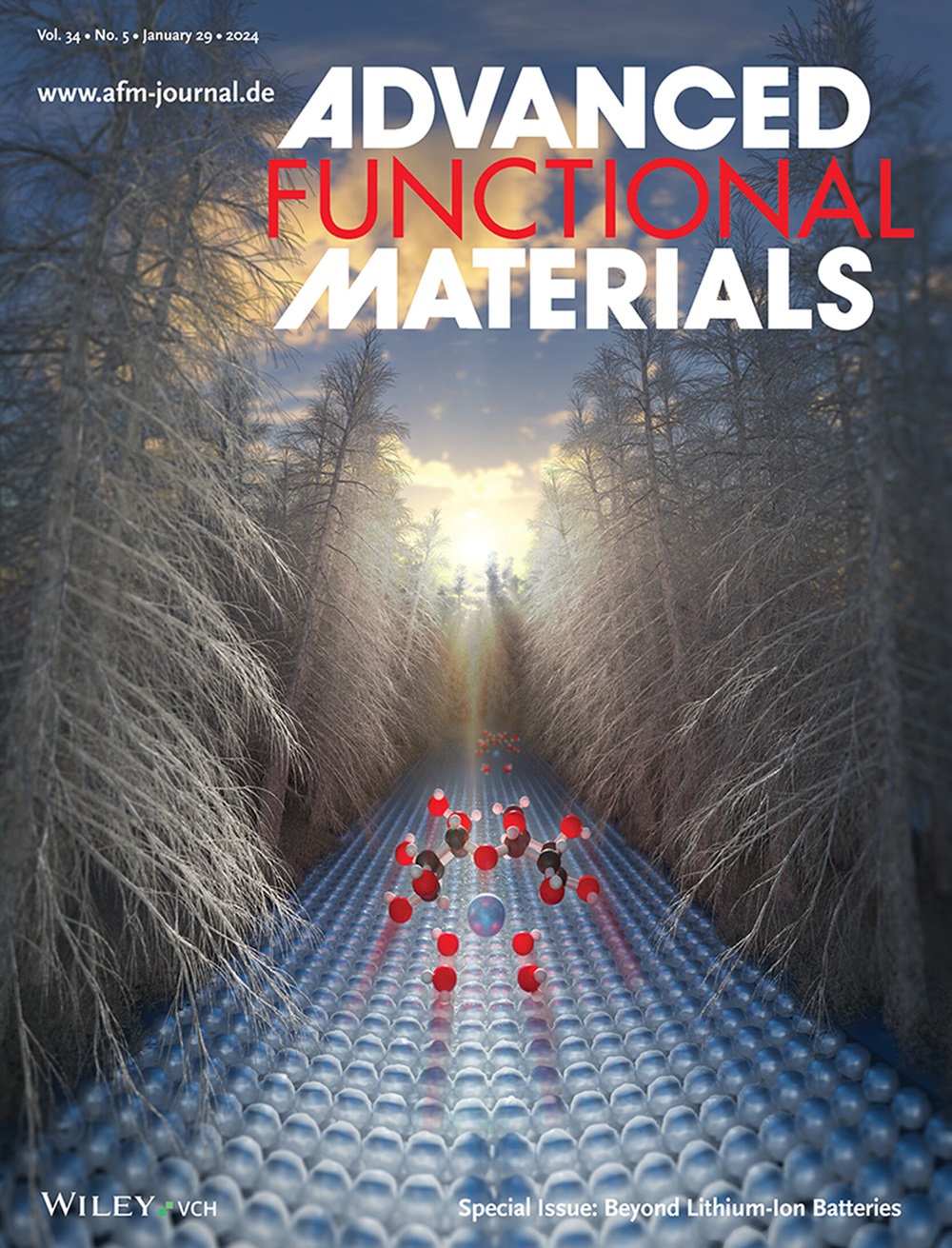High‐Performance and Scalable Organosilicon Membranes for Energy‐Efficient Alcohol Purification
IF 18.5
1区 材料科学
Q1 CHEMISTRY, MULTIDISCIPLINARY
引用次数: 0
Abstract
The production of bio‐alcohol is increasingly gaining international attention due to its potential as a viable alternative to fossil fuels and its ability to mitigate carbon dioxide emissions. However, the cost of bio‐alcohol production is almost double that of fossil fuels, primarily because of the low yield of the purification process. Herein, a high‐performance and scalable organosilicon membrane with high chain flexibility and controllable crosslinking density is developed for energy‐efficient alcohol purification. The synthesized organosilicon membrane achieves an ultrahigh total flux (5.8 kg·m求助全文
约1分钟内获得全文
求助全文
来源期刊

Advanced Functional Materials
工程技术-材料科学:综合
CiteScore
29.50
自引率
4.20%
发文量
2086
审稿时长
2.1 months
期刊介绍:
Firmly established as a top-tier materials science journal, Advanced Functional Materials reports breakthrough research in all aspects of materials science, including nanotechnology, chemistry, physics, and biology every week.
Advanced Functional Materials is known for its rapid and fair peer review, quality content, and high impact, making it the first choice of the international materials science community.
 求助内容:
求助内容: 应助结果提醒方式:
应助结果提醒方式:


